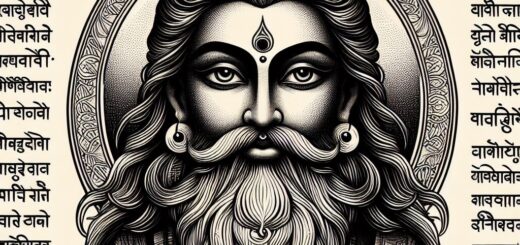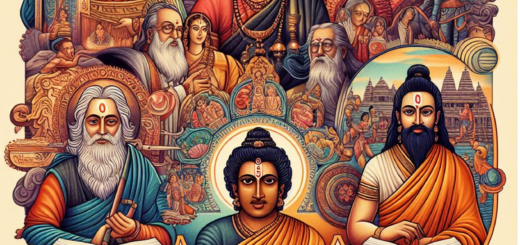KARNATAKA-ECONOMIC AND SOCIAL TRANSFORMATION
Summary of Karnataka economic and social transformation
Solved exercise of Karnataka economic and social transformation

Summary
LAND REFORMS
The various measures implemented to solve the problems with regard to land holdings are called Land Reforms.
Land is an essential part of man’s life. He depends on the land for his existence.Land has not been distributed in equal measure to all communities. Land reforms were undertaken to remove this inequality in land ownership.
Abolition of the Zamindari system
Restricting the hold of the feudal class on land was the objective of this measure. This is one of the most important land reforms. In 1955, a committee was formed under the leadership of the ex-vice president of India, B.D. Jatti. This committee made certain recommendations towards bringing about land reforms.
Reforms in the Tenancy system
Indian tenants faced many problems. These problems were: huge amount of rent to be paid, insecure land holdings and landless farm workers.The main features of the 1974 Land Reform (Amendment) act. It cancelled all kinds of tenancy.The tiller was given the opportunity to establish his right to the land he cultivated.All the lands on rent came into the possession of the government. The decision of the tribunal was final.
Maximum Limit on Landholdings
The State government fixed a limit on the land a family could possess. The maximum limit of owning land was fixed by the then government.
Creation of Economic holdings
The land holdings which enable the cultivator to earn sufficient income for a comfortable life of his family after accounting for all his expenses, are called ‘Economic holdings.
Development of Co-operative farming
Farmers voluntarily form co-operative associations, give up their lands for collective supervision and cultivate the lands together.
BACKWARD CLASSES COMMISSIONS
The Indian society has inequality. Due to the hierarchical caste system, many castes have remained backward from times immemorial. After the arrival of the British in India, a new social mobility began to be seen.
EXERCISES
I. Fill in the blanks with suitable words.
1. B.D. Jatti Ex- vice president was the of India.
2. In 1974 D.Devaraj urs was the Chief Minister of Karnataka.
3.L.G. Havanur was the First Chairman of Backward Classess Commission formed in 1975.
II. Answer the following in two or three sentences each.
1.What are ‘land reforms’?
Ans:The measures implemented in order to solve the problems with regard to land holdings are called Land reforms.
2.Which are the main land reforms implemented in Karnataka?
Ans:The main land reforms implemented in Karnataka are
- Abolition of the Zamindari system
- Reforms in the Tenancy system
- Maximum Limit on Landholdings
- Creation of Economic holdings
- Development of Co-operative farming.
3.What is ‘economic holdings’?
Ans:The land holdings which enable the cultivator to earn sufficient income for a comfortable life of his family after accounting for all his expenses, are called ‘Economic holdings.
4.Why did the Karnataka government fix the limit for the maximum area of land that can be owned by a family?
Ans:Because a family could hav more acres. Of land that had no facility of water. They could not able to cultivate all the acres of land, they could able to cultivate limited acres of land. If the government fixed a limit on the land the remaining land will be distributed to others.
5.What is ‘co-operative farming’?
Ans:a.Farmers voluntarily form co-operative associations, give up their lands for collective supervision and cultivate the lands together
b.When the crop is harvested and sold, they set aside money for long-term development of the land and divide the rest of the money among themselves. This is called ‘Co-operative Farming System.
6. How did the L.G. Havanur commission identify the backwardness of a community?
Ans:As per the recommendation of the havanur report a government order was issued. It was a revolutionary order, enabled to a great extent, the backward classes to be economically and politically empowered. All the reservation policies issued with regard to the backward classes.




























